Unique coral reef at risk as oil companies plan to drill near Amazon river mouth
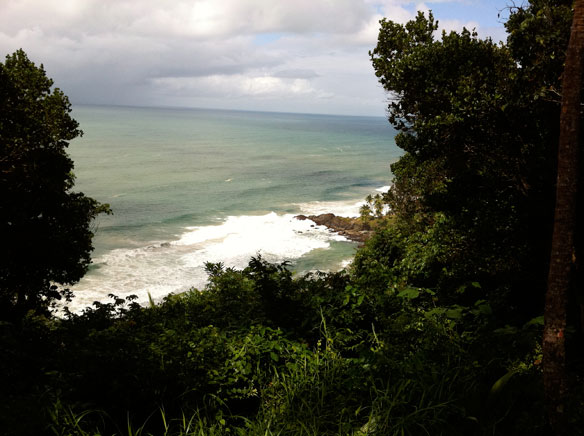
Oil companies planning to drill near a vast coral reef at the mouth of the Amazon river have calculated that the unique ecosystem has a 30% chance of being affected in the event of an oil spill. The unique reef system astonished marine biologists when its existence was widely revealed last year, and is believed it could be the home for dozens of previously unknown species.
Alarm as mangrove forests at the Kenyan Coast rapidly disappear
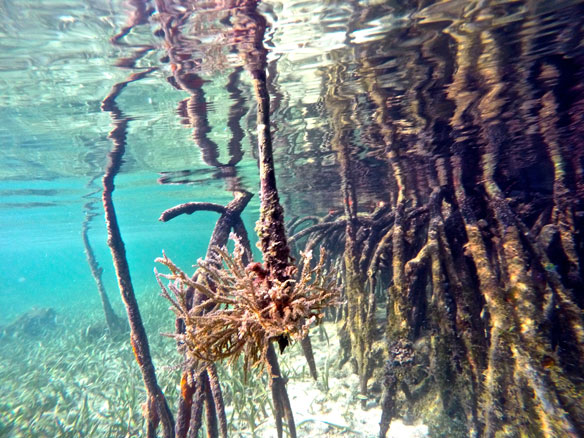
A recent study carried out at Tudor Creek – the water body separating Mombasa Island from the mainland – shows that more than 80 per cent of mangroves along the Indian Ocean coast in the area have been wiped out.
Paris agreement’s 1.5C target ‘only way’ to save coral reefs, Unesco says
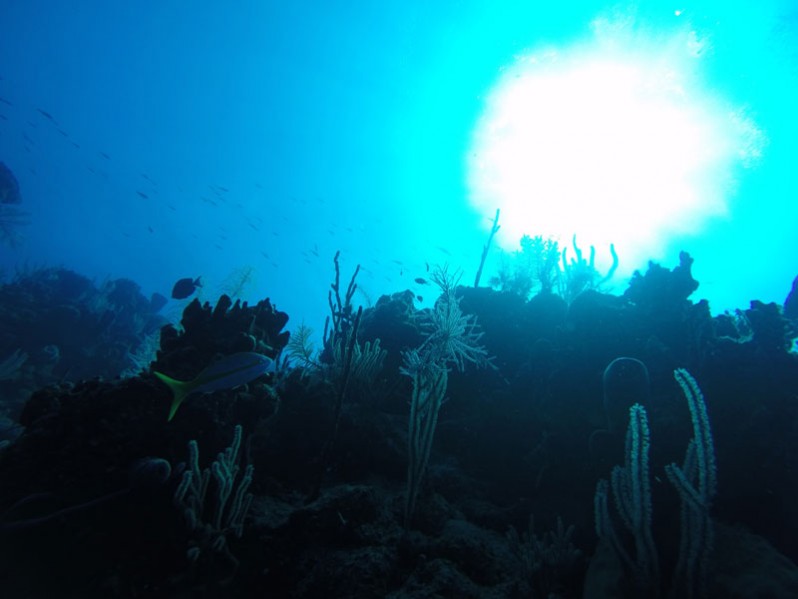
First global assessment of climate change impact on world heritage-listed reefs says local efforts are ‘no longer sufficient’…
Lessons on conservation from ‘the land of eternal mangroves’
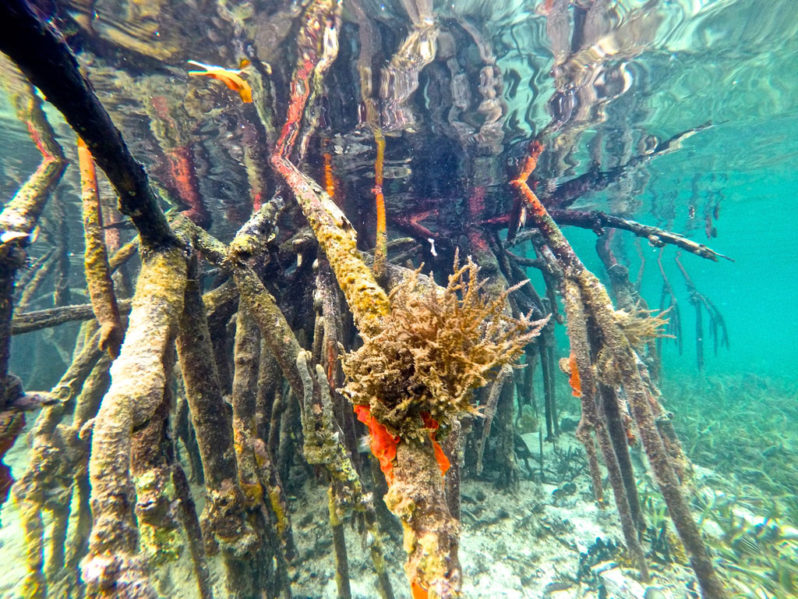
Sri Lanka is working on mangrove forest protection measures that have been praised as the first of their kind in the world. And while recent heavy rains may have destroyed seedlings, they have only strengthened the determination of the government and its partners to continue their work on mangrove conservation and restoration.
Port Launay: The Last Mangroves of the Seychelles
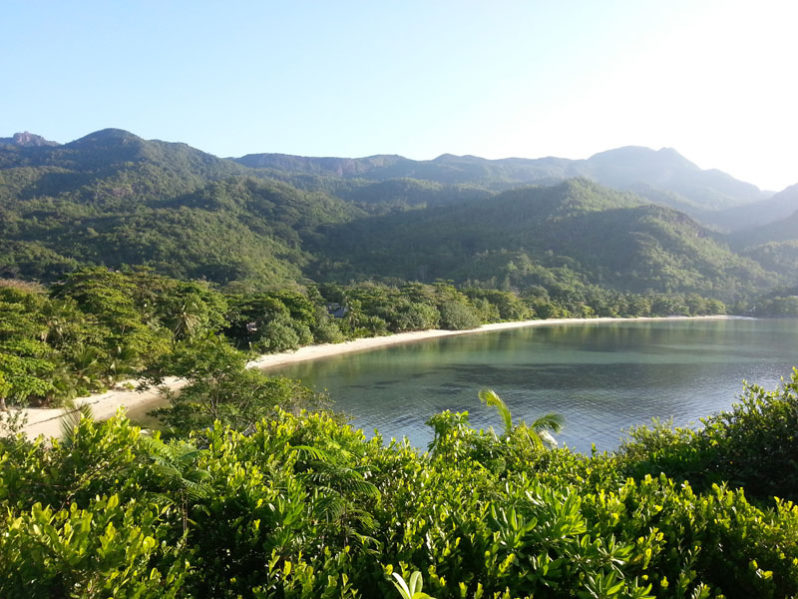
When French settlers first arrived in the remote islands of the Seychelles, thick mangrove forests fringed the western shore of Mahe, the largest of the islands in the archipelago.
Impact of 2004 Asian tsunami could have been reduced with mangroves

Many of Indonesia’s mangrove forests were cleared before 2004 for shrimp farms (aquaculture) – subsequent research showed that mangroves and other forests could help protect coastlines and people from the force of tsunamis, hurricanes, and rising sea levels.
Slathering on sunscreen at the beach? It may be destroying coral reefs

Studies show that oxybenzone, a common chemical found particularly in spray-on sunscreens, contributes to coral bleaching and leaves reefs deformed.
A Close-Up Look at the Catastrophic Bleaching of the Great Barrier Reef

Scientists are reporting the second mass bleaching in the Great Barrier Reef in the last year. In a Yale Environment 360 interview, researcher Terry Hughes says these events have damaged two-thirds of the world’s largest coral reef and are directly caused by global warming.
Thirsty mangroves cause unprecedented dieback; Australia’s northern coast

Scientists have discovered why, in early 2016, there was an unprecedented dieback of 7400 hectares of mangroves, which stretched for 1000 kilometres along the Gulf of Carpentaria – the plants died of thirst.
